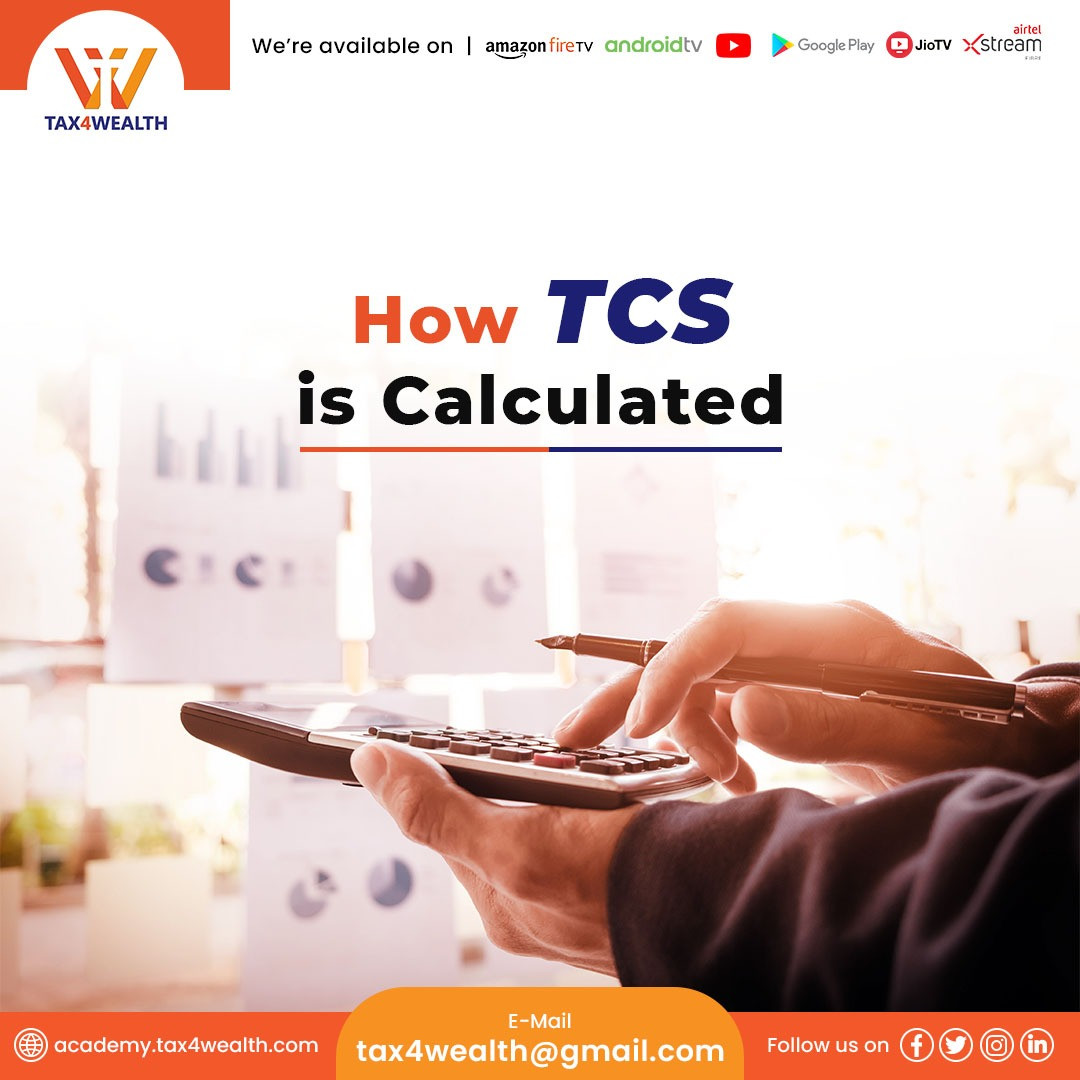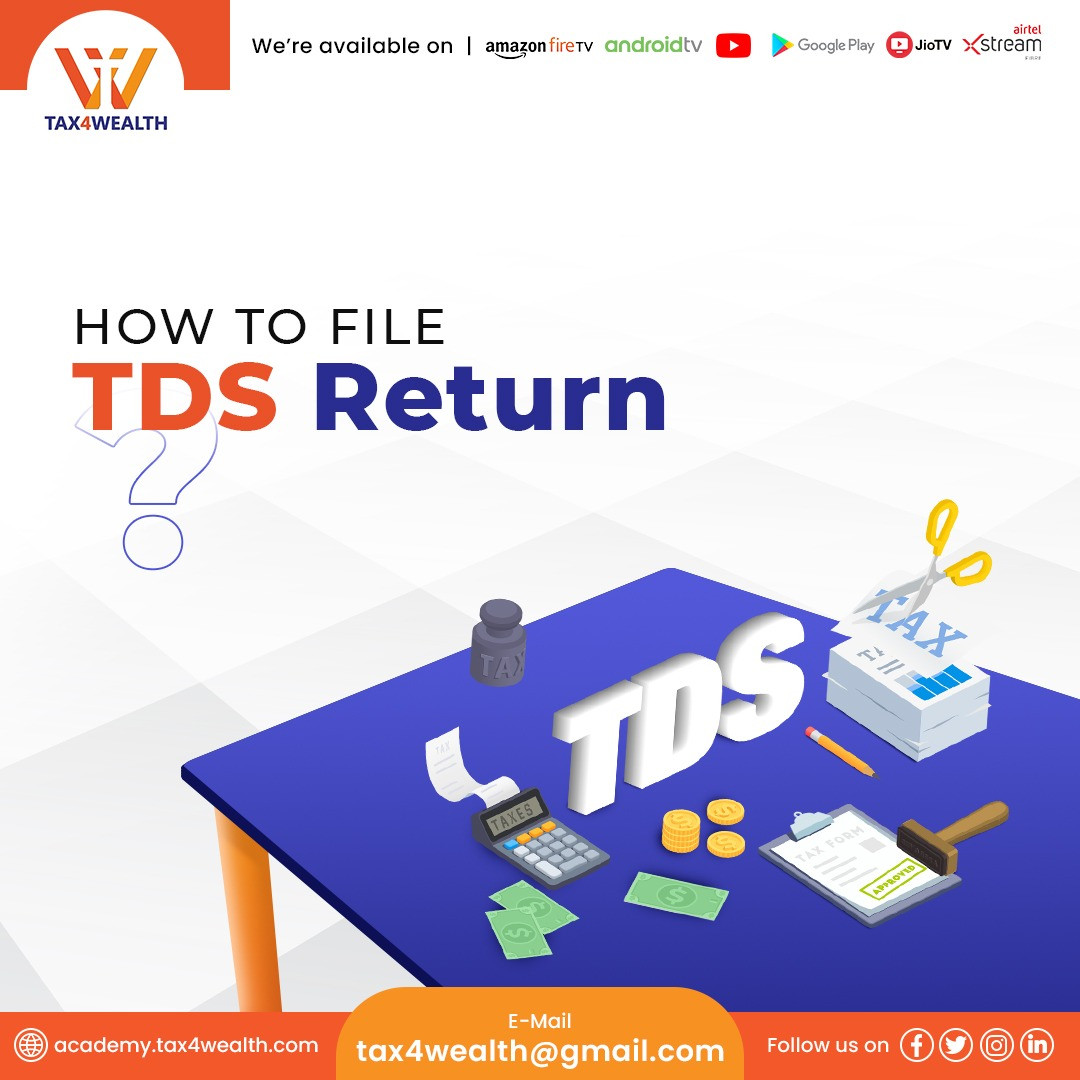
What are The Important Components of Salary Income?
Leave Salary:
Leave Salary is exempted from tax in the case of a non-government employee, provided the following conditions are satisfied;
Cash received of leave salary with regard to the duration earned leave in the credit of the employee at the time of retirement on if the superannuation; or
The average salary of 10 months is calculated based on the average salary drawn for a period of 10 months immediately preceding the superannuation; or
As specified by Government the amounts that are not subject to tax; or
Leave Encashment which is actually received at the retirement time;
Advance salary:
Advance salary, when received by the employee, is taxable under Income Tax Act irrespective of the fact that it is actually due or not. Advance Salary also includes the charges of the previous year; the tax rate at which the assessment of an employee is made may be higher compared to the normal tax rate.
Arrears of salary:
The following are the components of Arrears of Salary;
• Salary Arrears should be charged on a due basis or receipt basis whichever is earlier.
• The relationship of payer and payee must be of employer and employee under the income head
Exceptions - It is to be noted that bonus, commission, and remuneration received by a partner working in a partnership firm will not be taxed under the Salaries head instead it will be taxable under the head Profits and Gains from Business and Profession.
Salary, perquisite, and profits in lieu of salary (Section 17):
The term ‘salary’ is meant for the purposes of the Income Tax Act, 1961 includes both monetary as well as non-monetary payments. Monetary payment includes basic salary, bonus, commission, allowances, etc. and non-monetary payment includes housing accommodation, medical facility, interest-free loans, etc.
Allowances:
House Rent Allowance (HRA):
HRA is an allowance specifically granted to an employee towards rent payment for residence by the employer. House Rent Allowance is provided to an employee is exempted to least provided the following conditions are satisfied;
The deduction is allowed for the below-mentioned amounts:
• Actual House Rent Allowance received
• 50% of [basic salary + Dearness Allowance] for taxpayers living in metro cities, 40% of [basic salary + Dearness Allowance] for taxpayers living in non-metro cities
OR
• Actual rent paid less 10% of basic salary + Dearness Allowance
Children's Education Allowance:
The following conditions must be fulfilled to get an exemption under the aforesaid allowance;
• Maximum 2 children are allowed for Rs. 100 per child and per month
• Maximum 2 children are allowed for Rs. 300 per child per month
• Allowance that is provided to an employee for hostel expenses of his child
Transport Allowance:
Any transport allowance provided to the employee for meeting the expenses for commuting between his residence and place of work will be exempted to the extent of up to 1,600 per month. In case the employee is deaf or dumb or blind or handicapped, disabled then expenses provided for commuting between his residence and place of work will be exempted for up to 3,200 per month.
City Compensatory Allowance:
City Compensatory Allowance is generally intended to provide compensation for the high cost of living in metro cities. It is taxable considering the fact that it is given for the performance of duties in a specific place or under certain circumstances.
Entertainment Allowance:
This allowance is provided to the employees for meeting the expenses against the hospitality customers receive. The Income Tax Act provides a deduction towards the aforesaid allowance to a government employee.
Fully Exempted Allowances:
The following are some of the allowances that are exempted from tax;
• Allowances provided to employees of government outside India
• Allowances granted to Judges of the High Court
• Sumptuary Allowance provided to Judges of Supreme Court or High Court
• Allowance received by United Nations Organization (UNO)
• Compensatory allowance provided by a judge
Annuity:
According to define the term ‘annuity’ is considered as salary. An annuity is an amount payable with regard to a particular year. It is basically a grant which is made yearly. In case an individual invests some amount with a series of equal annual sums, such annual sums are treated as annuities.
Annuity received from the current employer will be treated as a salary and will be taxed accordingly. It does not matter if it is paid towards the contractual obligation or if it has been made voluntarily.
Annuity received from a former employer as profit in lieu of salary is taxable
If an annuity is from a person other than the employer then it will be taxable under the head "Income from Other Sources"
Pension:
Pension is categorized into two types which are as follows;
Uncommuted Pension:
Uncommuted pension means the pension that is received on a periodic basis. It will be fully taxable on the part of both non-government as well as government employees.
Commuted Pension:
Commuted pension refers to the lump sum amount provided by commuting the entire or part of the pension. People covert their future right after receiving the lump sum amount as commuted pension.
Exemption in respect of Commuted Pension:
The following are the conditions required to be satisfied to get an exemption in respect of commuted pension:
• Any commuted pension received by Central Government or Statutory Corporation or Local Authorities or Defense Services Members are fully exempted from tax
• Any commuted pension received by a Non-Government employee is fully exempted from tax in the below-mentioned manner;
Gratuity:
Gratuity is termed as voluntary payment made in respect of appreciation for the services rendered by the employee to the employee. These days, the term Gratuity has become a norm that is applicable to all employees. The Payment of Gratuity Act, 1972 is a statutory recognition for the concept of gratuity. Today, all most all employers are entering into an agreement with their employees for payment of gratuity.
Provident Fund:
A provident fund refers to a scheme that is intended to provide a substantial advantage to the employee at retirement time. Under the aforesaid scheme of the provident fund, a certain amount is deducted from the employee's salary as his contribution against the provident fund. Generally, the employer contributes the same amount as that of the employee against the fund. The employer and employee's contributions are invested in approved securities. The interest earned from the fund is also credited to the employee's account.
Related News
No comments yet, Be the first to comment.













